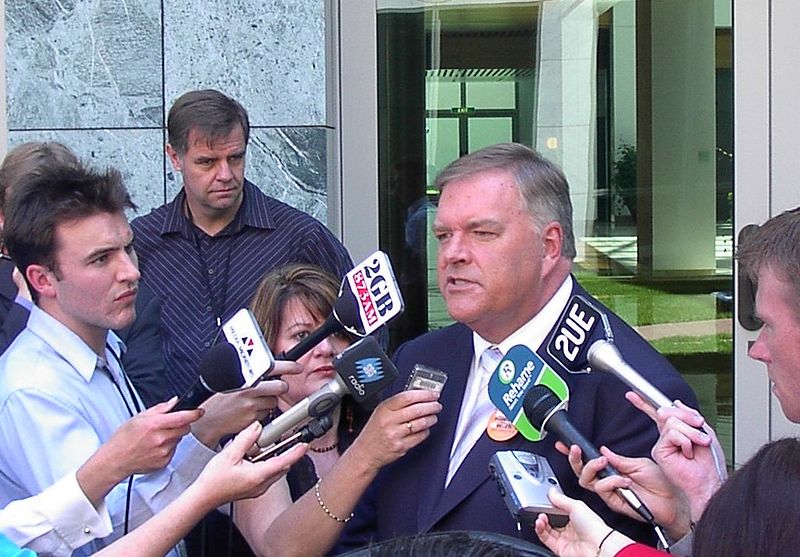At the tail end of 1995, Labor Prime Minister Paul Keating embarked on his final grand vision, a security agreement with the Republic of Indonesia.
This had been negotiated by Keating himself and former Chief of the Defence Force General Peter Gration, and been kept secret from most everyone on both sides of government.
Cabinet papers for 1994 and 1995, kept under embargo by the National Archives of Australia and only publicly released on 1 January 2018, show Keating saw this agreement as a very big deal, perhaps his crowning achievement in office.
For on the VIP aircraft back to Australia post the signing of the security agreement in December 1995, Keating confided to his deputy Kim Beazley that he feared he would lose the looming federal election, as he did.
Keating called the election on 27 January 1996 for 2 March that year, losing in a landslide to Liberal leader John Howard.
At the launch event for the release of the 1994-95 cabinet papers, Beazley reflected on the dialogue he had with the then prime minister.
Keating told Beazley the Coalition had been out of power since 1983, that the region had changed very much in that time, and there was potential for them [the Coalition] to damage Australia’s interests.
He said they would need to get up to speed and the agreement with Indonesia would require the new Coalition government to talk to the Indonesians.
“I want to put in place as much ballast as possible so they can bring themselves up to speed,” Keating told Beazley.
During the signing ceremony in Jakarta, Beazley went up to a group of Indonesian generals and cheerfully greeted them: “Hello, allies.”
The agreement – Indonesia baulked at calling it a treaty because of its non-aligned status – required both countries to hold ministerial-level consultations and to co-operate in the interests of mutual security and that of the region.
That was still a significant step forward considering the tempestuous relationship, which at its lowest in the mid-1960s involved Australian and Indonesian troops in direct albeit low level combat in the jungles of Borneo.
“There is no country more important to Australia than Indonesia. Australian territory can in effect be directly threatened with military force only through Indonesia and Papua New Guinea,” Keating said in his submission to cabinet.
Keating did anticipate objections from opponents of Indonesia and those concerned about Indonesian human rights and its conduct in East Timor.
The agreement proved short-lived. In 1999, Indonesia tore it up as Australia, under John Howard, led the military mission into East Timor following the independence referendum.



